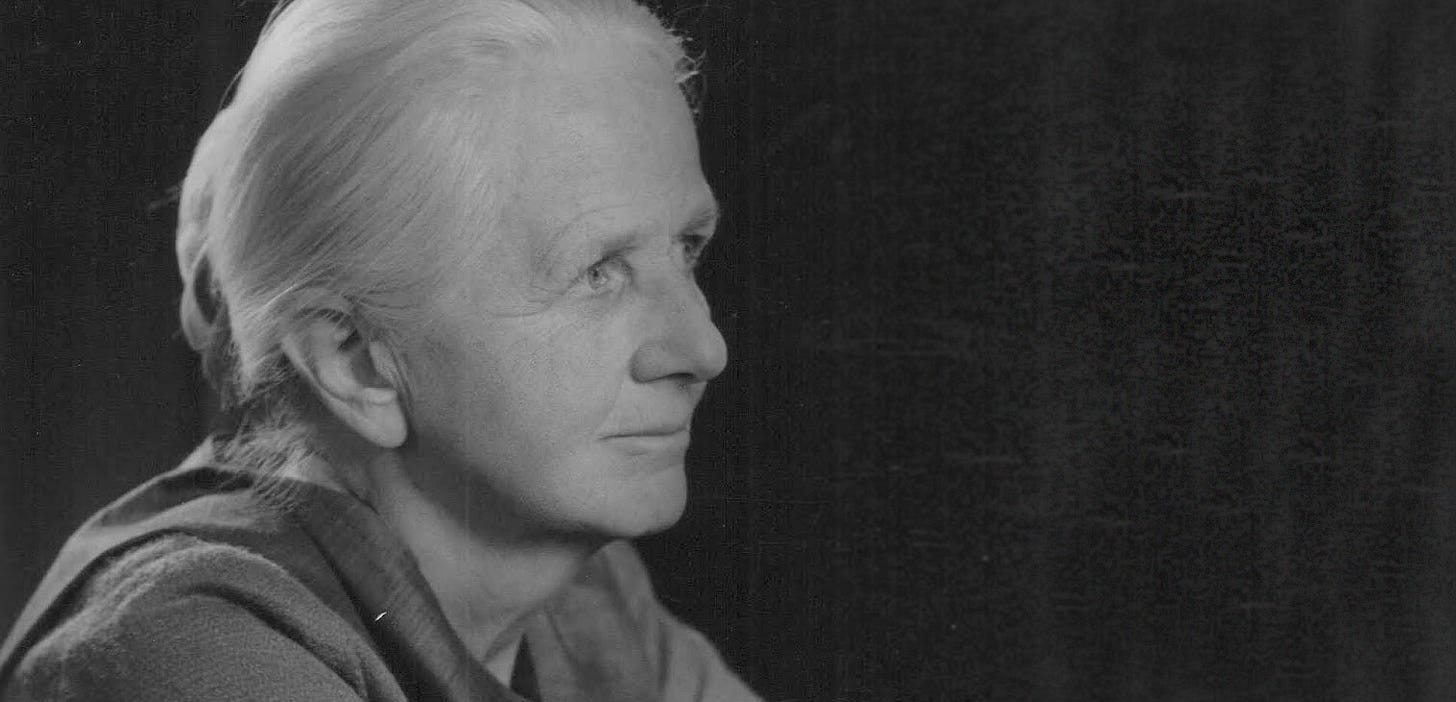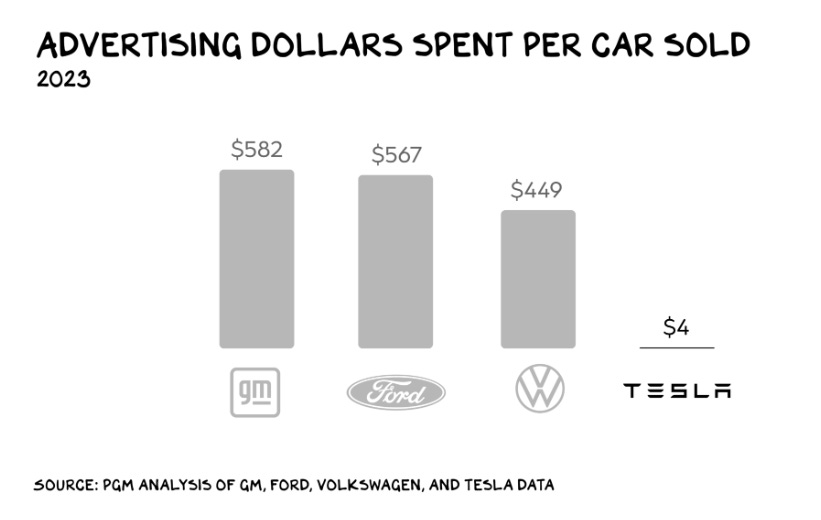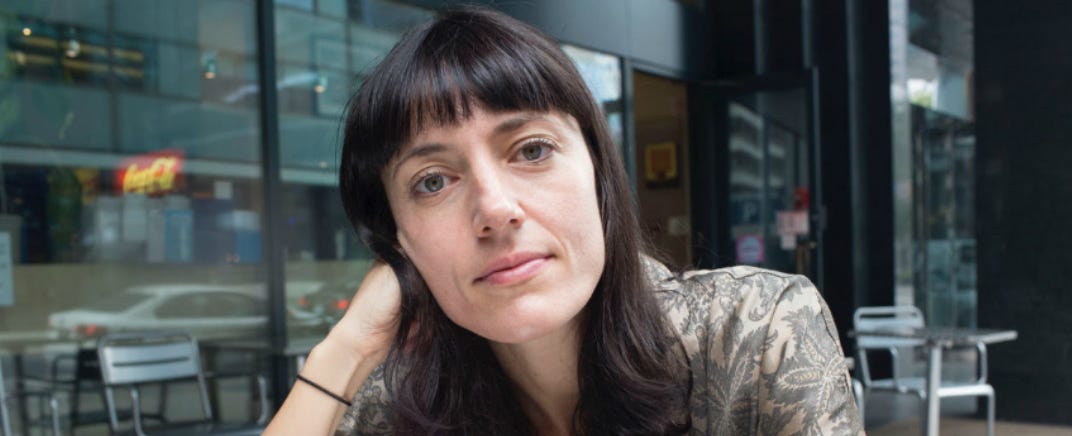Bullshit branding, dupe Birkins, and influencers getting elected
A masterclass in how to successfully brand bullshit
Of course, Discomfort Zone isn’t usually where you get your hot-off-the-press breaking news. But today, I’ve got a scoop for you: a new brand has taken over the White House! Again!
Back in ancient times, near the start of Donald Trump’s first term as US president, I published a fairly lengthy analysis of why he was different from other politicians, and quoted Naomi Klein calling him a “fully commercialized superbrand.”

At the time, it was astonishing how someone who spewed blatant lies on an hourly basis, who bragged about his ability to get away with murder, and who was caught on tape boasting about his repeated sexual assaults, could convince so many people to vote for him. Here’s a paragraph from my 2017 article:
“Political observers and journalists seem baffled by President Trump’s hot-headed inconsistency. But that’s because they interpret his words and deeds according to the time-worn playbook of party politics. Trump is, in fact, totally consistent, and he has been ever since The Apprentice catapulted him onto a truly national stage. He is consistent to his brand. Everything he does, he does for his brand. The politics is incidental.”
I even drew up a list of Trump brand values, which still make sense today. And then I naively suggested that a surefire way to bring him down was to repaint him with a brush dipped in the countervailing values. These negative traits (Criminality, Failure, Indecisiveness, etc.) would magically stick. But he isn’t known as the Teflon Don for nothing. Obviously the world spins and wobbles according to cultural shifts and political currents whose impact is far deeper than mere branding. But Trump has surfed those currents straight back to Washington while staying 100% true to his OG brand values.
And it’s not just him. Across the political spectrum from Argentina to Austria, and from Italy to Indonesia, a palpable sense of disillusionment with traditional institutions and a yearning for personal brands has taken root. This yearning is often misdirected toward figures who, rather than embodying authentic ideals, excel in the art of bullshit. Populism has always been based on BS. This weekend it emerged that half of the UK hospitals that Boris Johnston promised to fund won’t be built for decades. In our age of algorithm-fueled social media silos, bullshit flows as freely as bulldiarrhea (sorry-not-sorry for that image) and smells just as bad.
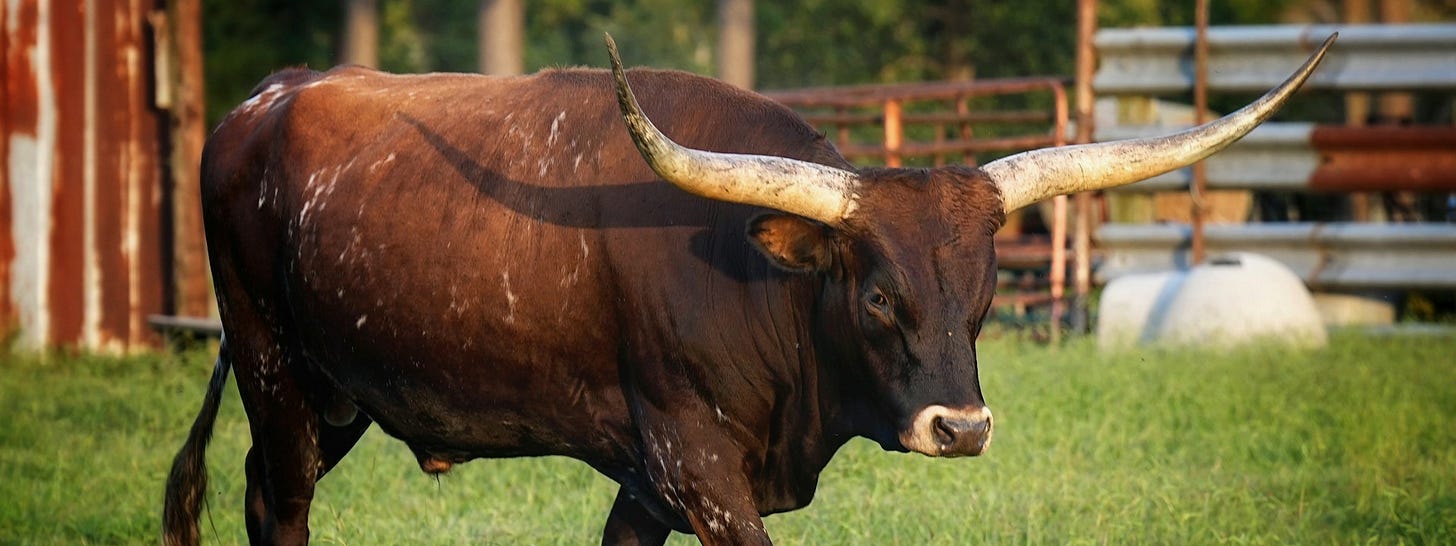
You know who also spouts non-stop nonsense and whose personal brand now ranks second-most powerful in the world? Elon Musk. The weird thing about him is that he barely believes in old-school branding at all. If he had his way, all his companies would be called X or bro-snicker-inducing meme jokes like Doge. It’s like he’s an anti-brand. Which is where the poison lies. Musk and the other overlords of Silicon Valley not only don’t believe in democracy, they would prefer it if the nation-state itself didn’t exist. In their minds, taxes and regulations are straightjackets that prevent global corporations from thriving while profits are funneled upward to elites and their offshore bank accounts.
As we enter this absurd, dangerous new era with Trump’s inauguration, I’m struck by the ways in which the speculative future I imagined for my recent novel 2084 are starting to come true. I predicted a United States ravaged by climate change and repeat pandemics that descends into chaos, following which the tech giants relocate from California to Canada because it’s a more secure place to conduct business. In the book, Canadian democracy is then hollowed out by corporate lobbying and the Northern US states join it in a polity called the United Corporations of Canada, leaving an anarchic mess called Amexica across the new border. And what has caught the headlines over the last couple of weeks? Trump proposes renaming the Gulf of Mexico to the “Gulf of America” and carrying out the Anschluss of Canada. California is ablaze. And the new Health Secretary is a vaccine denier. Dystopian fiction is becoming reality.
All we who believe that the world would be better with less political and corporate bullshit can do for the next few years is hold our noses and hope that sanity returns while the straightjacket clasps hold firm. Maybe we could restore some sanity and humanity to politics if the next president were a blast from the past. We’ve just said goodbye to Jimmy Carter. He may not have been the greatest leader but he was resolutely honest. Without even trying, he created a unique personal brand that stood the test of time, incarnating authenticity, generosity, and dignity. I would love to see an appreciation of values like those.
From Birkin to Wirkin
The most exclusive luxury bag in the world is, hands-down, the Hermès Birkin, sold for tens (sometimes even hundreds) of thousands of dollars, and only purchasable through a direct invitation from the brand after years of loyal customership. This nauseating exclusivity has now been perfectly mirrored by Walmart’s knock-off, punnily called the Wirkin, which is a lookalike Birkin for regular folk whose budget stretches to under $100. The Wirkin was released during the 2024 holiday season and barely made it into 2025 before completely selling out.
What made the Wirkin such a hit? Knock-offs are generally considered tacky, a thinly veiled attempt to appear higher class, but the Wirkin makes no effort to pretend to be a Birkin. It doesn’t sport a fake logo but offers a reasonably high-quality dupe at a fraction of the Birkin price. It’s not meant to fool others into thinking it’s real, as other knock-offs do, but makes fun of the brand by showing that esthetics and quality can’t be gatekept.
As billionaires take over the White House, is this the perfect time for anti-elitist products? Google searches for the term class consciousness more than doubled during the week of the United Healthcare shooting. Will the increase in awareness of social inequality enable Wirkin to shift the tone of memes, and therefore brands, in the year to come? Right now, the elites have it in the bag, but maybe this is the first sign of a turning tide.
From trauma to triumph
What does red lipstick symbolize? Courage, boldness, confidence? e.l.f. beauty expands on the mythos of the bold red lip to include justice and homecoming in its most recent installment of the “Show Your(s)e.l.f.” series, starring soon-to-be astronaut, Amanda Nguyen. In the short video, Nguyen narrates her life story, beginning with her family’s use of celestial navigation to escape Vietnam and her resulting fascination with the stars. She recounts her pursuit of an astrophysics degree at Harvard, her ambition to become an astronaut, and her dreams being put on hold when she is sexually assaulted in her final year.

After learning that rape kits can and are often discarded six months after their collection, making convictions harder to obtain, Nguyen decides that the system needs to change. She drafts and presents The Sexual Assault Survivors’ Bill of Rights to the US Congress and eventually sees it passed. Her e.l.f. narrative ties together the significance of bold red lipstick with her past and present: not only did she “put on a red lip to testify [in] front of the world,” but she feels most “herself” in a red lip. After Jeff Bezos’s Blue Origin reusable rocket company announced that she will be the first Vietnamese and Southeast Asian woman to go into space, she can finally achieve a personal homecoming by overcoming her trauma to finally fulfill her childhood dream of being an astronaut.
The e.l.f. promotional video does a decent job of weaving an inspiring personal narrative with a revitalized vision of what red lipstick can symbolize. It demonstrates how branded content can be used to market a product while still telling a valuable story.
From influencer to influence
In November, over a dozen well-known Indonesian social media influencers ran for regional office across the country. Unorthodox career change? Yes. Does it work? Well, the Indonesian parliament has already seen the election of 20 influencers over the past year.
These influencer politicians usually lack political experience or even interest, which is unsurprising considering that the Indonesian government has a history of recruiting celebrities to sway voters, as President Prabowo Subianto did when he appointed Raffi Ahmad, the second-most subscribed YouTube star in Indonesia, as a special youth and culture envoy in 2024. In return, Ahmad heavily supported him in the February 2024 election. Influencer and celebrity posts are the second-most consumed social media content in Southeast Asia, according to Cube Media, taking up about a third of the time users spend on apps. The Indonesian government sees the real-world influence that these influencers can have and has increased funding for social media influencers to over 90 billion rupiah ($5.6 million), with scant details on how these funds are allocated.
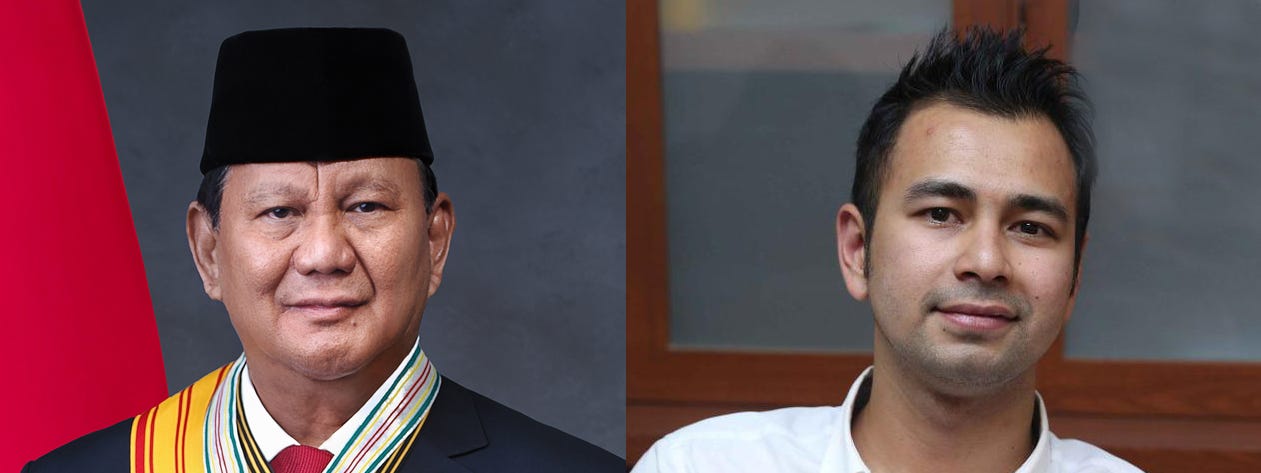
This worrying influencer politician trend extends to other countries, too: in the Philippines, citizens want their biggest YouTube star to be president, and in Brazil, hundreds of police officers, famous for posting violent content, ran for municipal elections in 2024. But is this all that new? Celebrities were the original influencers, widely known and also flush with cash to support campaigns. I’m sure we can think of Western figures that fit this bill.
Joan Robinson, economist
“The purpose of studying economics is to learn how not to be deceived by economists.”
Joan Robinson was a British economist in the mid-twentieth century who battled sexism at Cambridge University to become the leading female academic economist of her generation. This quote conveys the healthy skepticism she had for what her colleagues (the vast majority of whom were men) claimed as truths in the field and is well worth keeping in mind as our financial systems creak under the weight of personal and national debt.
People are the new brands
No Mercy No Malice is the name of the blog by NYU Stern School of Business professor and podcaster Scott Galloway, who goes by the nom de plume Prof G. In this post from just before Christmas, his podcast co-host Ed Elson shares his view that people have replaced brands. Citing examples such as MrBeast, whose personal YouTube channel garnered far more views than the top shows on Netflix in 2023, Elson of course also links his hypothesis back to Trump and Musk (and he is no fan of either one).
But he has a point. Here’s an astonishing comparative chart showing how little Tesla spends on advertising:
Musk the man drives sales of Tesla vehicles as much, if not more so, than the corporate brand itself. As I mentioned in the intro above, if Musk had his way, all his brands would simply be called X. He is the brand.
In a final reality check, Elson suggests that the parasocial relationships the chronically online have with celebrities stand in stark, sad contrast to the fact that more than 1 in 10 Americans today say they have zero close friends. The number of single-person households has more than doubled as a percentage of homes since 1960. Loneliness, isolation, and alienation are the dangerous consequences of a social system that celebrates individualism. People evolved as social animals and without those real-world bonds, escape through celebrity brands is nothing but a band-aid solution to a festering blight.
We’ll miss democracy when it’s gone
Astra Taylor is a Canadian-American filmmaker, author, and activist whose 2019 book is called Democracy May Not Exist, but We’ll Miss It When It’s Gone.
What better occasion than the day when American democracy might seriously begin unraveling to share this episode of Sean Carroll’s Mindscape podcast, in which the quantum physicist and philosopher interviewed Taylor about political equality and inequality, and how democratic ideals manifest themselves in any number of real-world situations. Basically, Taylor’s book is a series of insights and interviews with smart individuals who value genuine people power over bullshit populism.
14 phrases that show you’re using an LLM
Think you can get away with using ChatGPT and pretending you wrote what it spews out? Sure, there are online tools that can (often inaccurately) determine whether a text was written by a human or AI, but here’s the cheat sheet list of stock LLM phrases that give the game away instantly:
“Treasure trove”
“Intricate tapestry”
“It’s important to note that”
“It’s essential to consider”
“While navigating the complexities of”
“A testament to”
“Furthermore”
“Consequently”
“In the world of”
“Let’s delve into”
“Look no further than”
“Whether you’re… or…”
“A plethora of”
“In conclusion”
Want to read more about this from the professional editor who compiled the list? Check out this article by Maria Cassano.
Did you enjoy this issue of Discomfort Zone? You can comment directly in the Substack app or drop me a line by emailing me at john@johnbdutton.com.
And why not connect with me on LinkedIn if you haven’t already?
FOMO food research and writing by Silvia Todea, editing by John Dutton.
Legal disclaimers:
All images in this newsletter that are not the property of the author are used with permission or reproduced under the fair use provisions of the Canadian Copyright Act while giving appropriate credit.
The content published in this newsletter represents the private views and opinions of John B. Dutton and are not in any way connected to his role with the National Film Board of Canada.







